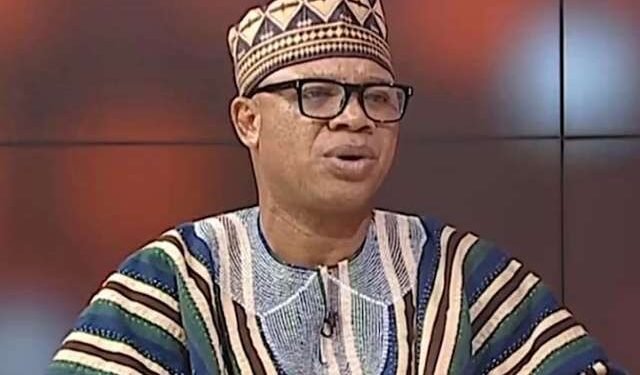The Board of Governors of the African Development Bank Group has approved management’s request to leverage the equity of the African Development Fund, to mobilize more resources on the capital markets.
Bank Group President Dr. Akinwumi Adesina noted that the Fund is the Bank’s concessional lending window. “When fully implemented, the Bank Group could unlock up to $27 billion to help low-income and fragile states,” Dr Adesina said.
“What this means is that when this is launched, we can raise an additional $4 billion or even more per cycle [every three years] for these least developed low-income countries.”
Dr. Akinwumi Adesina
With nearly half its recipient countries classified as fragile states, the African Development Fund contributes to poverty reduction and socioeconomic development in those countries by providing concessional funding for their projects and programs.
Nine of the ten world’s most vulnerable countries to climate change are in Sub-Saharan Africa and rely on the resources of the Fund.
In a declaration issued at the end of the meetings, the Bank’s Governors stressed the need for substantial financial resources to support climate adaptation in Africa. This must include the delivery of wealthy nations’ commitment to mobilize $100 billion per year in climate finance for developing countries.
“We call for urgent action to double the collective provision of climate finance for adaptation, and operationalization of new funding arrangements to respond to loss and damage as per decisions of the Conferences of the Parties to the United Nations Framework Convention on Climate Change and the Conference of the Parties to the Paris Agreement, the last sessions of which were held in Sharm El Sheikh, Egypt.”
Dr. Akinwumi Adesina
Mobilizing Private Sector Financing for Climate and Green Growth
The Bank dedicated this year’s Annual Meetings to ‘Mobilizing Private Sector Financing for Climate and Green Growth’. The event rallied African leaders, development partners and researchers to find practical solutions to raising climate finance, including leveraging on the continent’s natural capital.
Egyptian President Abdel Fattah El-Sisi opened the 5-day meetings on Tuesday, calling for “creative solutions” for the complex challenges facing countries, especially those in Africa.
Other dignitaries included the President of the Union of the Comoros and Chairman of the African Union, Azali Assoumani; Zimbabwe’s President Emmerson Mnangagwa and Tanzania’s Vice PresidentPhilip Mpango.
Apart from its statutory meetings, the Bank’s Annual Meetings featured a presidential dialogue and three thematic knowledge sessions. The highlights included the launch of the Bank Group’s flagship 2023 African Economic Outlook Report, a unique celebration of the Africa Day, commemorating the 60th anniversary of the African Union and a roundtable discussion on Zimbabwe’s debt arrears clearance. “It’s time to put the pain of sanctions behind us by discussing real issues to heal the wounds in Zimbabwe,” Adesina said during the closing press conference.
Dr Adesina said the 2023 Annual Meetings achieved great success with recognition by its shareholders that the Bank was critical to unleashing Africa’s potential. He said, “Let us leave Sharm El-Sheikh with a greater commitment. A greater commitment to working together. A greater commitment to building a more resilient Africa.”
The closing ceremony witnessed the handing over of the chairmanship of the Boards of Governors to Kenya’s Finance Minister, Prof. Njuguna Ndung’u. Kenya will host the 2024 Annual Meetings.
In his acceptance speech, Prof. Ndung’u said Kenya will build on Sharm El Sheikh’s success.























